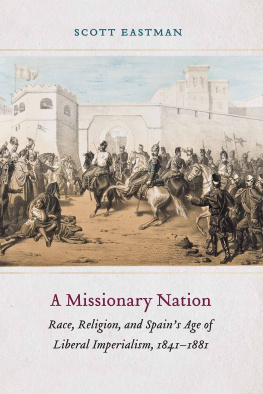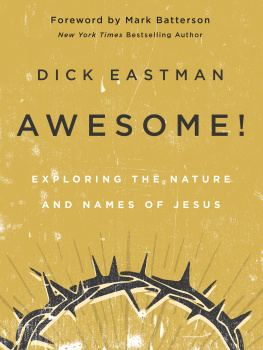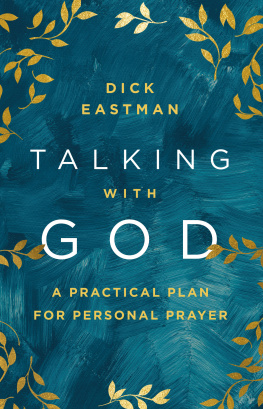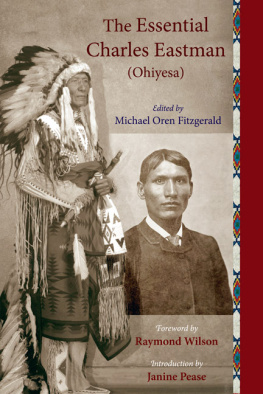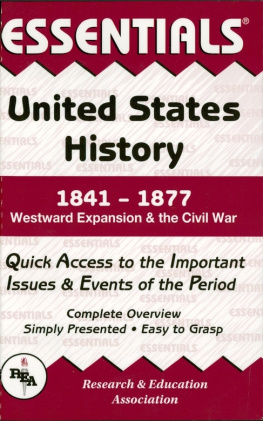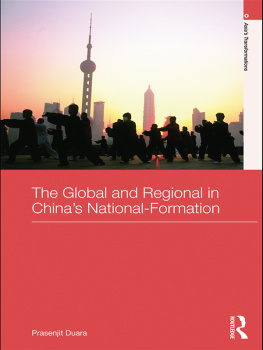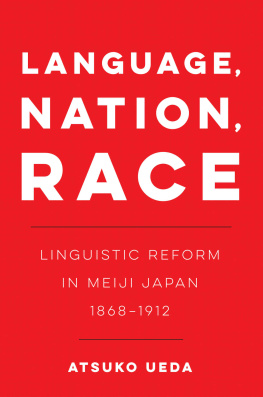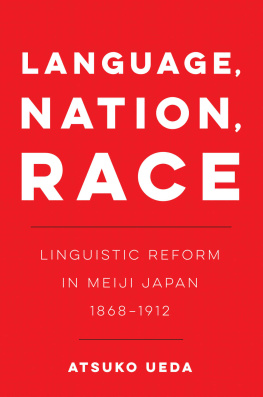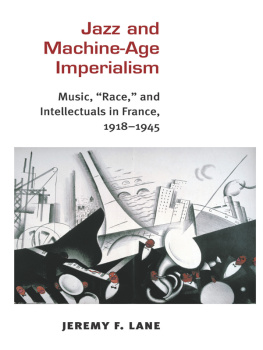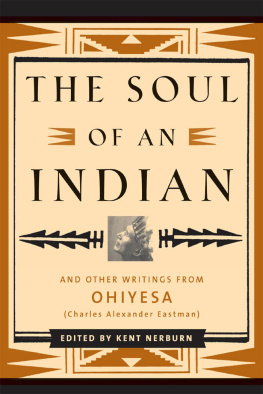Scott Eastman - A Missionary Nation: Race, Religion, and Spains Age of Liberal Imperialism, 1841-188
Here you can read online Scott Eastman - A Missionary Nation: Race, Religion, and Spains Age of Liberal Imperialism, 1841-188 full text of the book (entire story) in english for free. Download pdf and epub, get meaning, cover and reviews about this ebook. year: 2021, publisher: Nebraska, genre: Politics. Description of the work, (preface) as well as reviews are available. Best literature library LitArk.com created for fans of good reading and offers a wide selection of genres:
Romance novel
Science fiction
Adventure
Detective
Science
History
Home and family
Prose
Art
Politics
Computer
Non-fiction
Religion
Business
Children
Humor
Choose a favorite category and find really read worthwhile books. Enjoy immersion in the world of imagination, feel the emotions of the characters or learn something new for yourself, make an fascinating discovery.
- Book:A Missionary Nation: Race, Religion, and Spains Age of Liberal Imperialism, 1841-188
- Author:
- Publisher:Nebraska
- Genre:
- Year:2021
- Rating:3 / 5
- Favourites:Add to favourites
- Your mark:
- 60
- 1
- 2
- 3
- 4
- 5
A Missionary Nation: Race, Religion, and Spains Age of Liberal Imperialism, 1841-188: summary, description and annotation
We offer to read an annotation, description, summary or preface (depends on what the author of the book "A Missionary Nation: Race, Religion, and Spains Age of Liberal Imperialism, 1841-188" wrote himself). If you haven't found the necessary information about the book — write in the comments, we will try to find it.
Scott Eastman: author's other books
Who wrote A Missionary Nation: Race, Religion, and Spains Age of Liberal Imperialism, 1841-188? Find out the surname, the name of the author of the book and a list of all author's works by series.
A Missionary Nation: Race, Religion, and Spains Age of Liberal Imperialism, 1841-188 — read online for free the complete book (whole text) full work
Below is the text of the book, divided by pages. System saving the place of the last page read, allows you to conveniently read the book "A Missionary Nation: Race, Religion, and Spains Age of Liberal Imperialism, 1841-188" online for free, without having to search again every time where you left off. Put a bookmark, and you can go to the page where you finished reading at any time.
Font size:
Interval:
Bookmark:
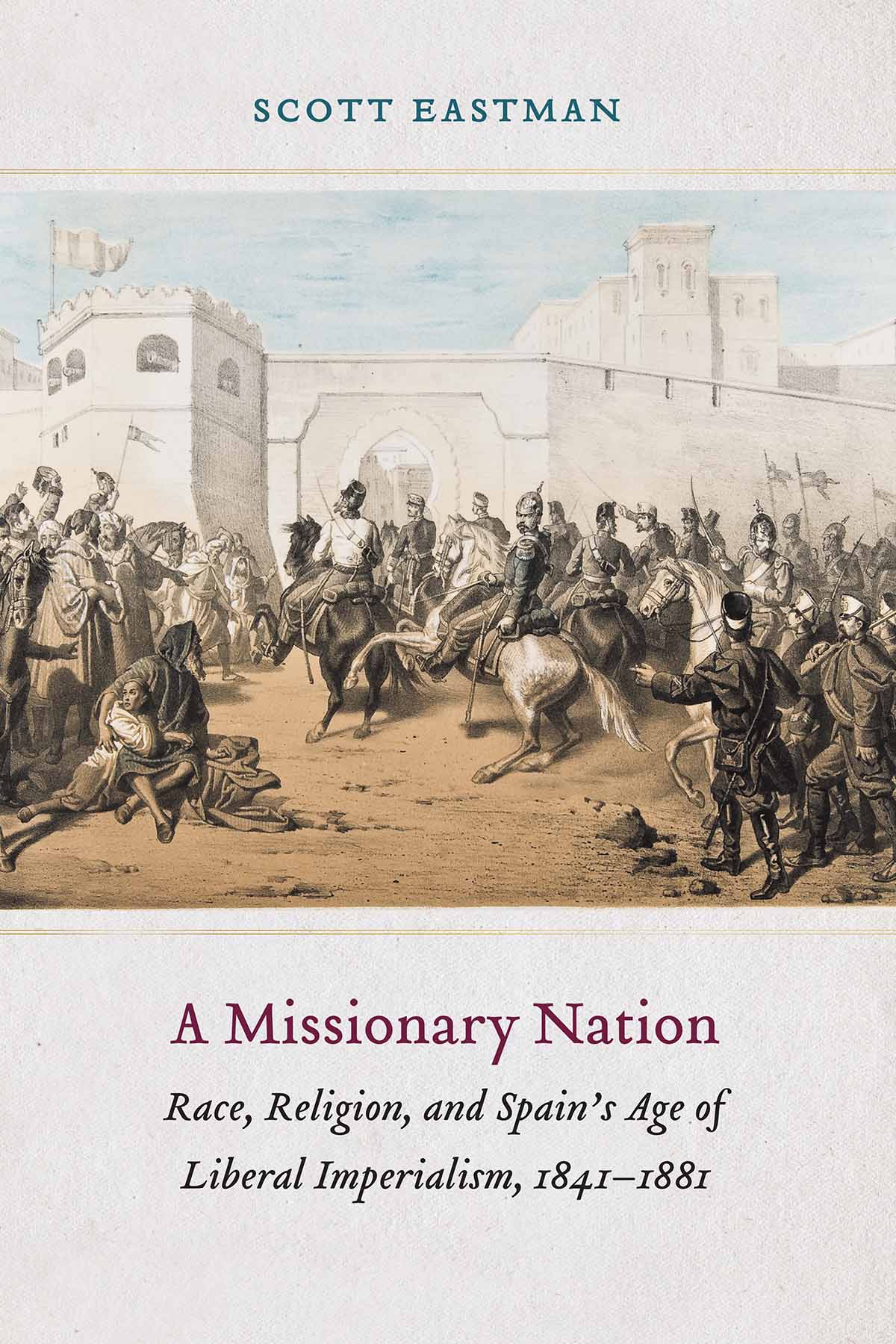
A detailed and archivally rich perspective on the ideas that shaped mid- to late nineteenth-century Spanish attitudes toward its empire.... Eastman both builds on and works to insert Spanish historiography into broader critical histories of European imperialism.
Joshua Goode, author of Impurity of Blood: Defining Race in Spain, 18701930
A Missionary Nation closes an important gap in the scholarly literature that usually focuses only on the British and French empires. It is impeccably documented and the result of years of research on both sides of the Atlantic. Not only should it appeal to those interested in Spanish history, but it should be of relevance to anyone studying the dynamics of European expansion during the nineteenth century.
David Stenner, author of Globalizing Morocco: Transnational Activism and the Postcolonial State
Scott Eastman
University of Nebraska Press | Lincoln
2021 by the Board of Regents of the University of Nebraska
Cover designed by University of Nebraska Press; cover image: 6 de Febrero de 1860. Courtesy of the Biblioteca Nacional, Madrid, Spain.
All rights reserved
Library of Congress Cataloging-in-Publication Data
Names: Eastman, Scott, 1971 author.
Title: A missionary nation: race, religion, and Spains age of liberal imperialism, 18411881 / Scott Eastman.
Description: Lincoln: University of Nebraska Press, [2021] | Includes bibliographical references and index.
Identifiers: LCCN 2020052171
ISBN 9781496204165 (hardback)
ISBN 9781496228307 (epub)
ISBN 9781496228314 (pdf)
Subjects: LCSH : SpainForeign relations19th century. | SpainHistory19th century. | SpainEthnic relationsHistory19th century. | NationalismSpainHistory19th century. | Church and stateSpainHistory19th century. | Catholic ChurchSpainHistory19th century.
Classification: LCC DP 203 . E 368 2021 DDC 325/.32094609034dc23
LC record available at https://lccn.loc.gov/2020052171
The publisher does not have any control over and does not assume any responsibility for author or third-party websites or their content.
To Kara
Maps
Figures
I was inspired to begin this project on a visit to Omahas Joslyn Art Museum. My students, in an undergraduate class on imperialism, race, and the formation of national identities, had come across a small collection of Orientalist works of art from the nineteenth century, and we decided to make a trip to see them in person. Walking across the street and down a block from Creighton University, we discovered that one of the paintings had been composed by the Spaniard Jos Villegas y Cordero, who would later become the director of Madrids renowned Prado Museum. I started to build in a trip to the Joslyn each time I taught the course, precisely when we were set to discuss bourgeois culture and the role that the arts played in the spread of imperial ideologies. I enjoyed the break from the classroom, and I learned more about artistic production and Orientalism in nineteenth-century Europe. Subsequently I was invited to deliver a lecture at the museum on the paintings within the context of empire building, and Ive included some of the material in chapter 3 of this book.
Both of my mentors in graduate school, Jos lvarez Junco and the late Carolyn Boyd, worked on issues related to identity and empire in their long and brilliant careers, sparking my lasting interest in the subject matter. While lvarez Junco examined the rise of nationalism spurred by conflicts such as the Spanish-Moroccan War of 185960, Boyd explored the military and the praetorian politics of turn-of-the-century Spain, especially the brutal campaigns in Morocco in the early 1920s. As I completed my first book manuscript on national identities and religion in the Hispanic Atlantic world, I increasingly found myself drawn to the rise and fall of Spanish imperial dreams in the mid-nineteenth century.
Im very thankful to have received funding for research trips to multiple cities in Spain, Mexico, and the Dominican Republic. I worked in fourteen different archives, including the military repositories in Mexico and Spain as well as Sevilles Archivo de Indias. I had the pleasure of working in Alcal de Henares for the first time, and I found incredible documents at Mexicos Archivo Histrico Genaro Estrada de la Secretara de Relaciones Exteriores as well as Spains Foreign Relations Archive, parts of which are now relocated to the Archivo Histrico Nacional. The University of Minnesotas Program for Cultural Cooperation awarded me an early grant, and I later received Hispanex funding from Spains Ministry of Education, Culture, and Sport in 2014. Creighton Universitys Deans Office funded travel to Mexico City, Madrid, and Seville during my sabbatical, and the Department of Academic Affairs and a CURAS Fellowship permitted me to return to Spain for multiple summer trips. Gail Jensen in the Graduate School has always been tremendously supportive, and she helped with funding as well. Last, I enjoyed a teaching position in Creightons Encuentro Dominicano program in 2016, which gave me the opportunity to work in Santiagos small historical archive.
A wonderful colleague, Chris Schmidt-Nowara, undoubtedly shaped the outlines of the manuscript. He encouraged me and wrote on my behalf when I first applied for grants. Arguably the foremost scholar in the field of nineteenth-century Spanish imperial studies in the United States, Chris passed away tragically and unexpectedly in 2015, and all of us who knew him lost a friend and a role model. He always had time to talk and email, and when I traveled to Spain to start this new project, he alerted me to a seminar on the subject of empire building during the age of Napoleon III. So, during my first summer of work in Madrid, I was able to sit in on a talk by Juan Antonio Inarejos Muoz as he celebrated the publication of his book Intervenciones coloniales y nacionalismo espaol, and he graciously gave me a copy. The dialogue and even the disagreements between the author and the scholars in the room motivated me to dig deeper into my topic and historical period.
These kinds of presentations are invaluable. Invited to speak at the Seminario Ortega y Gasset by Javier Muoz Soro and Pilar Mera Costas a few years later, after having completed the initial stage of my research, I also faced a barrage of tough questions from experts in the field. I had a great time and especially appreciated the incisive commentary by Mara Luisa Snchez-Meja. At a symposium hosted by the University of Chicago in 2016, I got to know Josep Fradera and gave a talk on his magisterial La nacin imperial, which has influenced my work and caused me to rethink key aspects of Spanish colonialism in the nineteenth century. Over the past decade I presented my findings at a number of conferences hosted by organizations such as the Association of Spanish and Portuguese Historical Studies, the International Network of Nineteenth-Century Hispanists, and the American Historical Association ( AHA ). At the AHA meeting in New York, I benefited from an excellent panel discussion with Gregg French, Andrs Snchez Padilla, and Bonnie Miller on the new imperialism of the nineteenth century.
I have a long list of people to thank. Emily Berquist Soule, Clint Young, Sasha Pack, and Adrian Shubert have provided important insights along the way. John Calvert translated material from Arabic, which proved extremely useful. I very much appreciate that Anne Eller graciously shared her dissertation with me before its publication with Duke University Press. Susan Gilson Miller introduced me to Eric Calderwood, who read the first chapters of the book and generously offered critiques. He and Jamie Jones are some of the most hospitable people Ive met; they were amazing guides in Tangier and helped facilitate a short trip to Tetun. Josh Goode served as one of the peer reviewers and gave me pages and pages of thoughtful feedback. Im grateful to both Josh and an anonymous reader who spent countless hours putting together comprehensive evaluations that have helped to make the book much better than it would have been otherwise. I have to acknowledge Alisa Plant, my initial acquisitions editor, and Bridget Barry, Haley Mendlik, and Kenneth Wee at the University of Nebraska Press, who each helped shepherd the book through various stages prior to publication.
Next pageFont size:
Interval:
Bookmark:
Similar books «A Missionary Nation: Race, Religion, and Spains Age of Liberal Imperialism, 1841-188»
Look at similar books to A Missionary Nation: Race, Religion, and Spains Age of Liberal Imperialism, 1841-188. We have selected literature similar in name and meaning in the hope of providing readers with more options to find new, interesting, not yet read works.
Discussion, reviews of the book A Missionary Nation: Race, Religion, and Spains Age of Liberal Imperialism, 1841-188 and just readers' own opinions. Leave your comments, write what you think about the work, its meaning or the main characters. Specify what exactly you liked and what you didn't like, and why you think so.

